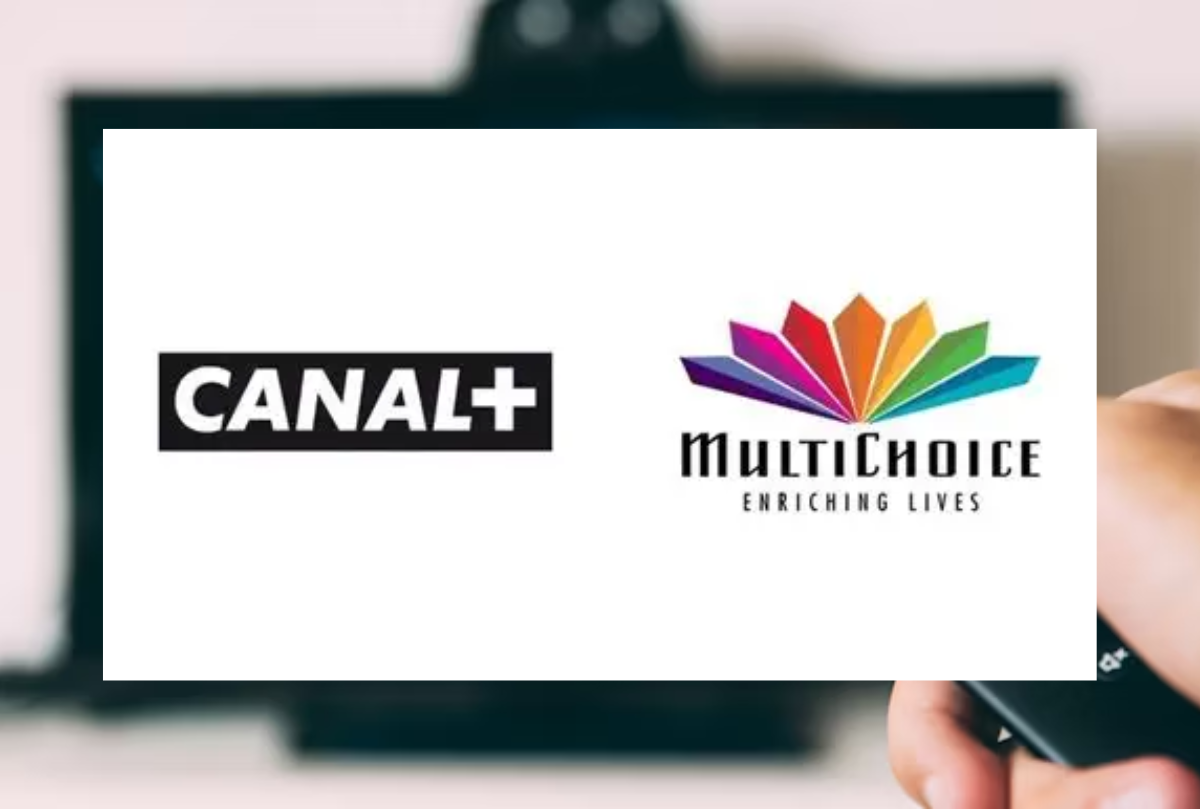What the Deal Involves
On 22 September 2025, Canal+ announced that all conditions for acquiring MultiChoice, the South African pay-TV broadcaster that owns DStv, GOtv, and SuperSport, had been fulfilled. The transaction, valued at around 35 billion South African rand (about US$2.02 billion), has now become unconditional. Before this, Canal+ held roughly 46% of MultiChoice shares, and through tenders under the offer, added another 2.2%, giving it effective control. Regulatory requirements, including restructuring parts of MultiChoice’s South African operations, had stood in the way, but these have now been satisfied.
Canal+ had first gained conditional approval from South Africa’s Competition Tribunal in July 2025, subject to conditions aimed at protecting competition and ensuring public interest contributions. These included investments in local content, ensuring participation by Historically Disadvantaged Persons (HDPs), and forming an independently controlled entity for domestic broadcasting content in South Africa to comply with foreign ownership limits.
Why Now? The Timing and Background
MultiChoice has been under increasing pressure. In its financial year ending March 2025, it reported a headline loss of about 800 million rand (≈ US$45 million) after profits in earlier years. Key challenges included a significant drop in subscription revenue, foreign exchange losses, competition from streaming services, and currency devaluation. The company also lost over a million subscribers in that period. Showmax, its streaming arm, saw growth in paying users but couldn’t yet offset the broader decline.
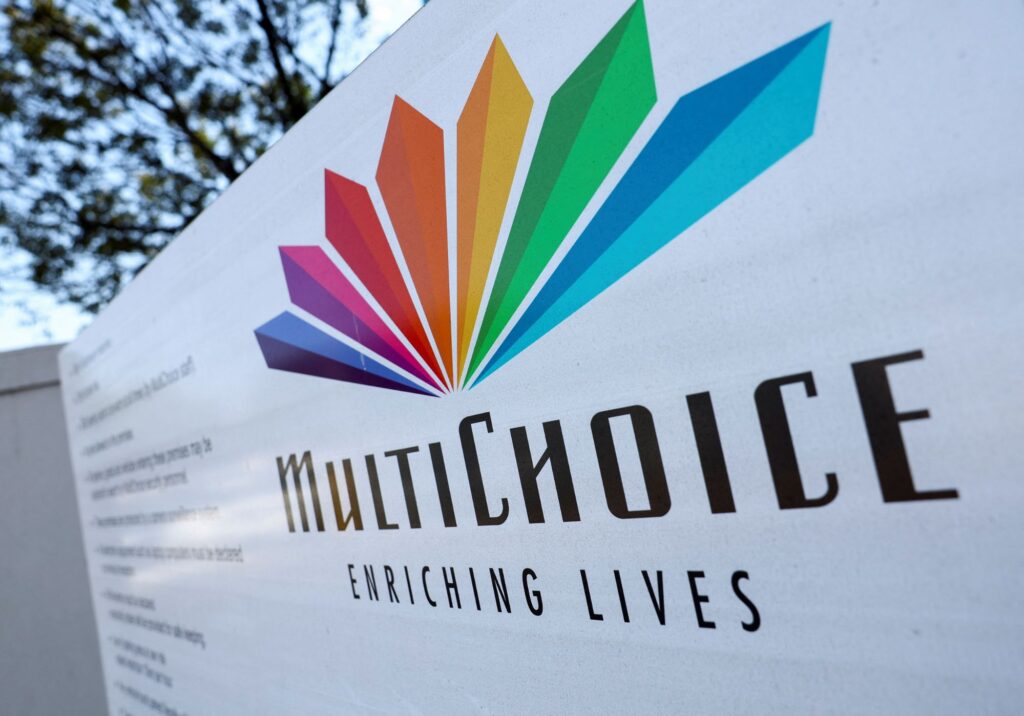
For Canal+, this acquisition aligns with a broader strategy to expand its footprint across Africa, especially in English- and Portuguese-speaking markets where MultiChoice already operates. The deal gives Canal+ scale: more subscribers, content reach, and bargaining power, particularly in negotiations for sports and entertainment rights.
What Law and Regulation Required
South African law restricts foreign ownership of broadcasting licensees, placing caps on how much of a domestic broadcasting licensee can be owned by non-locals. To satisfy this, the deal included the creation of a separate entity (sometimes called “LicenceCo” in reports) to handle the broadcasting license in South Africa. This entity must be majority owned by HDPs and workers.
Regulators also insisted on “public interest conditions” — commitments to support local content creation, sports programming, participation by small, medium and HDP-controlled suppliers, and no mass retrenchment of employees for a set period. These conditions were critical in gaining approval from the Competition Tribunal and other oversight bodies.
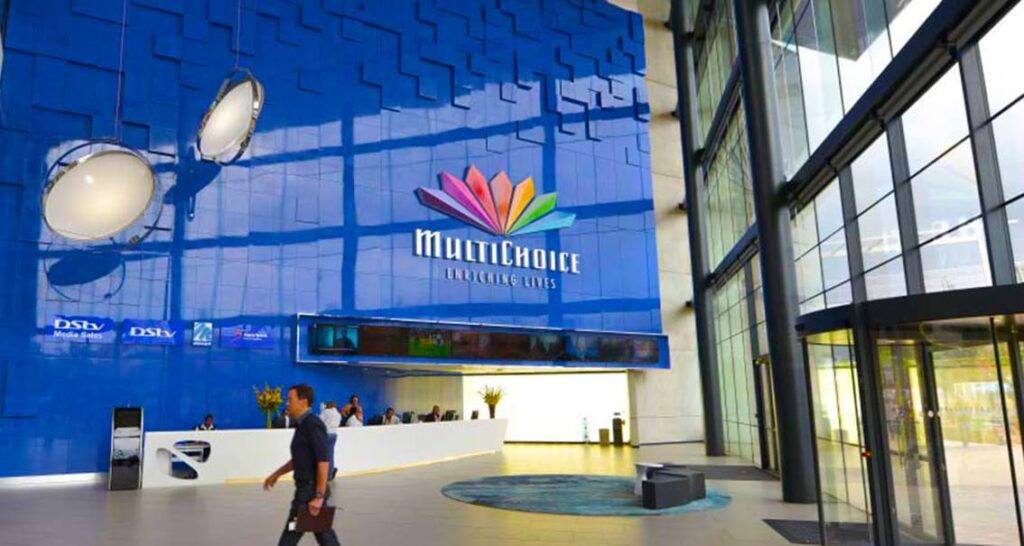
Key Players and Leadership Changes
As part of the takeover, leadership moves have been announced. CEO Calvo Mawela is stepping down from the day-to-day CEO role but will become chair of Canal+ African operations. David Mignot and Nicolas Dandoy will take over as CEO and CFO, respectively, of the combined Canal+ Africa entity. This reflects both continuity and change: the canal will now integrate MultiChoice’s operations under the Canal+ umbrella while also meeting obligations to keep local content and broadcasting stable.
Impacts on Consumers and Media Competition
For viewers across Africa, the short-term promise is stability: subscription and billing arrangements are expected to remain unchanged immediately following the takeover. That said, there’s widespread speculation about what the longer-term effects will be.
On content, there may be improved investment in local programming, sports, and entertainment as Canal+ seeks to integrate and leverage MultiChoice’s network. There is also an opportunity for better streaming offerings, hybrid models (satellite + streaming), and access across more countries.
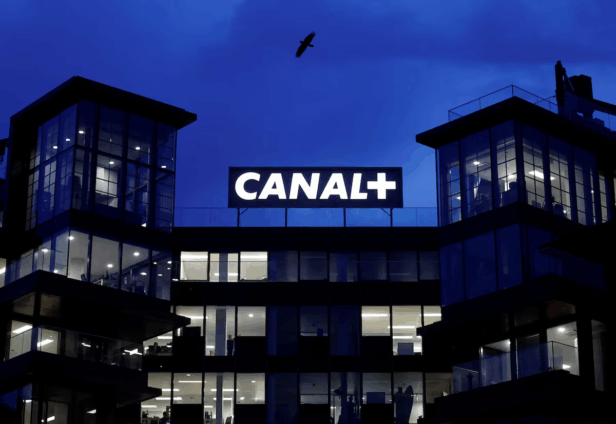
Competition with global players like Netflix, Disney+, and Amazon was already intensifying. This deal strengthens Canal+’s hand in negotiations for content rights and infrastructure, potentially allowing lower costs or better quality. But critics warn about risks: fewer independent voices, concerns over media monopoly powers, and what control over content will look like.
What This Means for South Africa and Africa More Broadly
Politically and culturally, the deal has significance. It brings together a primarily French-accented media powerhouse (Canal+) and one of the most familiar African pay-TV brands (MultiChoice). The merger could help standardize pan-African show distribution, better cross-border media production, and more localized content.
However, regulatory oversight will remain crucial. Ownership and control constraints, local content quotas, and inclusion of disadvantaged groups have been baked into the deal to ensure benefits are more widely shared. How strictly these conditions are enforced will shape whether the takeover is seen as a win for African media ecosystems or as just another consolidation that suppresses diversity.
Challenges Ahead
Even with all regulatory hurdles cleared, the combined entity faces headwinds. MultiChoice’s declining subscriber base and revenue fall show that satellite TV alone isn’t enough in an era of streaming, mobile internet, and changing content consumption habits. Currency fluctuations, inflation, and economic pressures in many African countries add risk.
For Canal+, integrating operations across multiple countries, languages, and regulatory regimes is complex. Ensuring compliance in each country, maintaining service quality, securing sports rights (which are expensive), and managing customer expectations will all test the company’s agility.
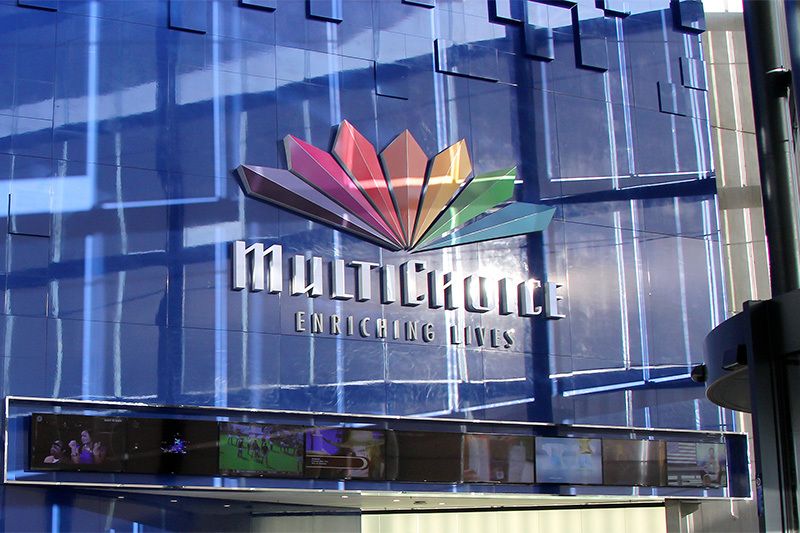
Expert and Public Reactions
Leaders within the media industry are mostly optimistic. Canal+ CEO Maxime Saada described the completed takeover as transformative, offering greater scale, better competitiveness, and higher investment in content across Africa. MultiChoice’s board had earlier recommended the offer as “fair and reasonable” to shareholders. (Reuters; FT commentary)
Observers, including analysts and smaller media firms, are cautious. Some fear the concentration of media power, especially in an age when media diversity and press freedom are under strain globally. Others point out that shareholders gain in the deal, but consumers in poorer markets may see price increases or less local control.
In South Africa, the law required these public-interest obligations precisely because of fears that foreign ownership could reduce opportunities for Historically Disadvantaged Persons and Black Economic Empowerment. How Canal+ delivers on those promises will be closely watched.
Where Things Go From Here
Canal+’s takeover of MultiChoice is a landmark moment for Africa’s media industry. It marks a shift toward fewer, larger players but also carries the promise of stronger infrastructure, more local content, and better competition against international streaming giants.
What matters now is execution. Will Canal+ honour the public interest conditions, maintain viewpoint diversity, and ensure services remain affordable and local? Consumers, regulators, and media observers across Africa will be watching.
Read Also: DStv Responds to Sam George’s Ultimatum Over High Prices in Ghana

